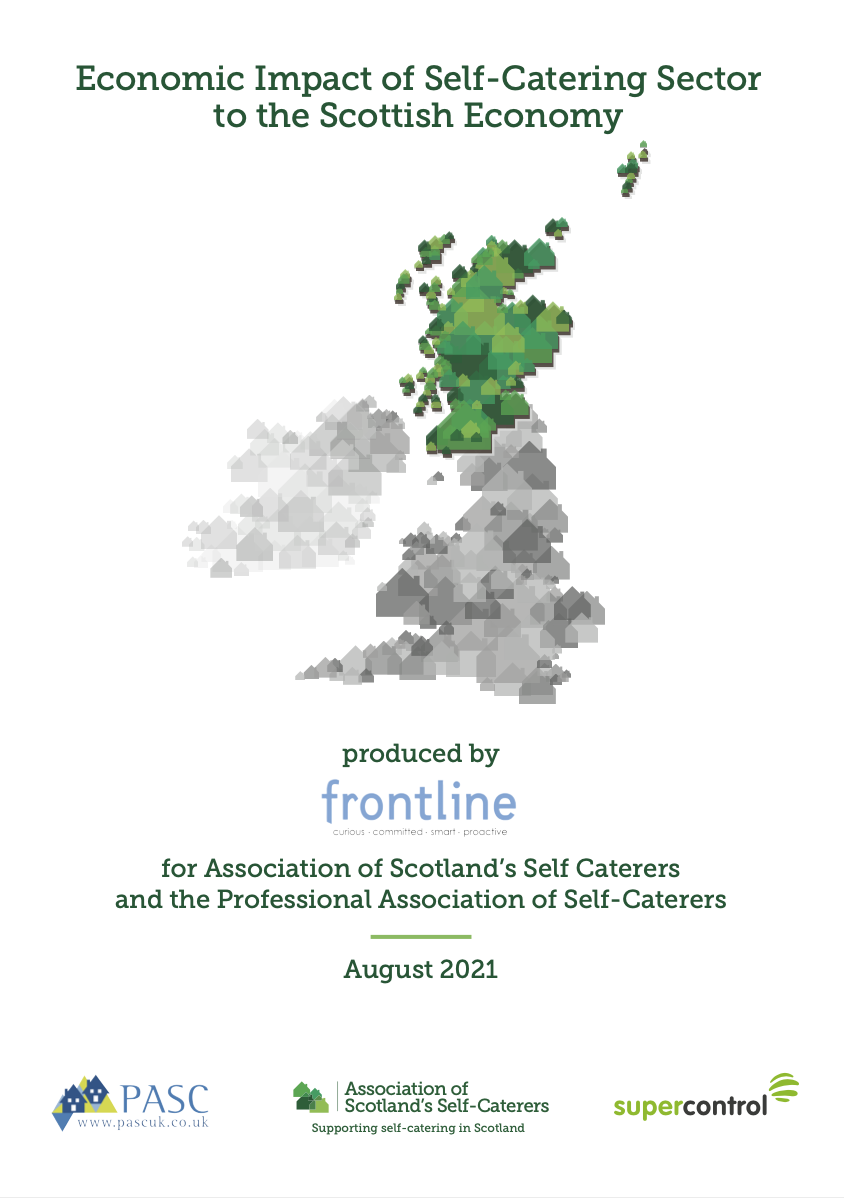Supporting businesses to recover.
A multi-million pound package of support has been invested to help tourism and hospitality businesses recover from the coronavirus (COVID-19) pandemic.
Delivered in the first 100 days of the new Scottish Government, the support is part of a wider £129 million investment in the sector which has been particularly hard hit by the pandemic. The package of support includes:
- £4 million for VisitScotland to deliver the Days Out scheme which will help support the tourism sector throughout the year
- £3 million for domestic marketing highlighting Scotland as an attractive year round destination
- £1.4 million for holiday vouchers for carers and low income families
More than 60 jobs, including 47 seasonal rangers, have also been funded to support rural areas cope with higher than usual visitor numbers due to the rise in staycations this summer.
Economy Secretary Kate Forbes said:
“The past year has been extremely difficult for many businesses, especially in our prized tourism and hospitality sector. As well as being impacted by the necessary public health restrictions to curtail the spread of the virus, Brexit has also caused problems, particularly regarding staffing and supplies.
“The Scottish Government has worked closely with industry at every stage of the pandemic to deliver where we can on its asks, including 100% non-domestic rates relief, specific restart grants and funding to help alleviate staffing concerns.
“As we begin to carefully emerge and recover from the pandemic, we must work together to seize Scotland’s potential and build an economy for everyone by delivering greater, greener and fairer prosperity. Our tourism and hospitality sector is key to the Scottish economy and we will continue to listen carefully to the support it needs to bounce back from the pandemic.”



